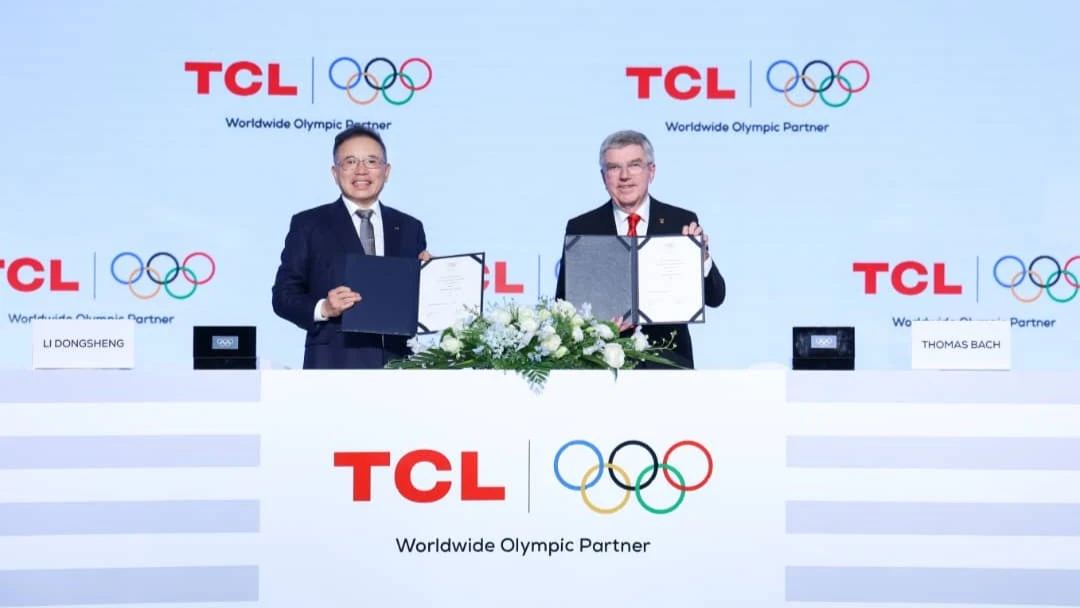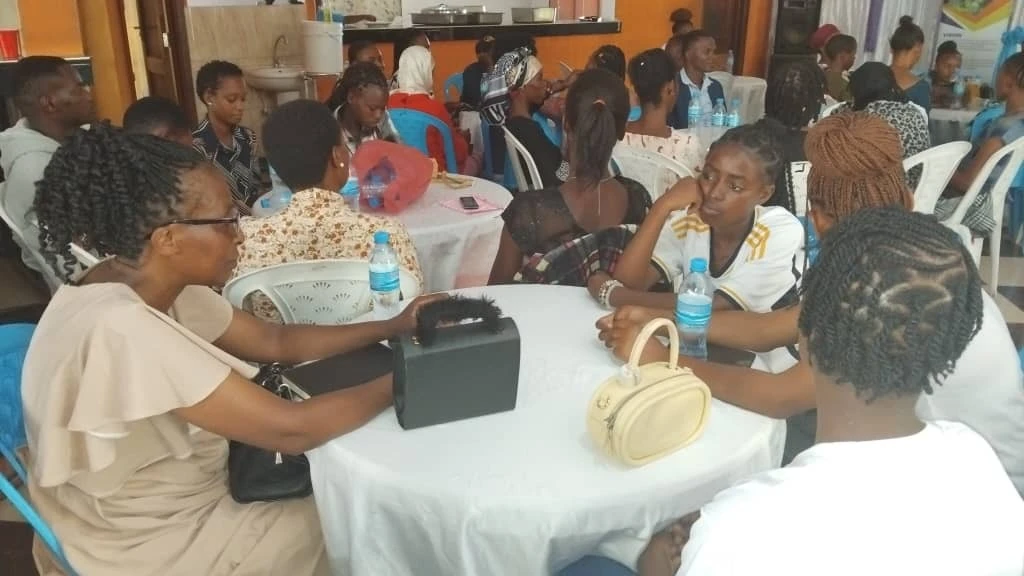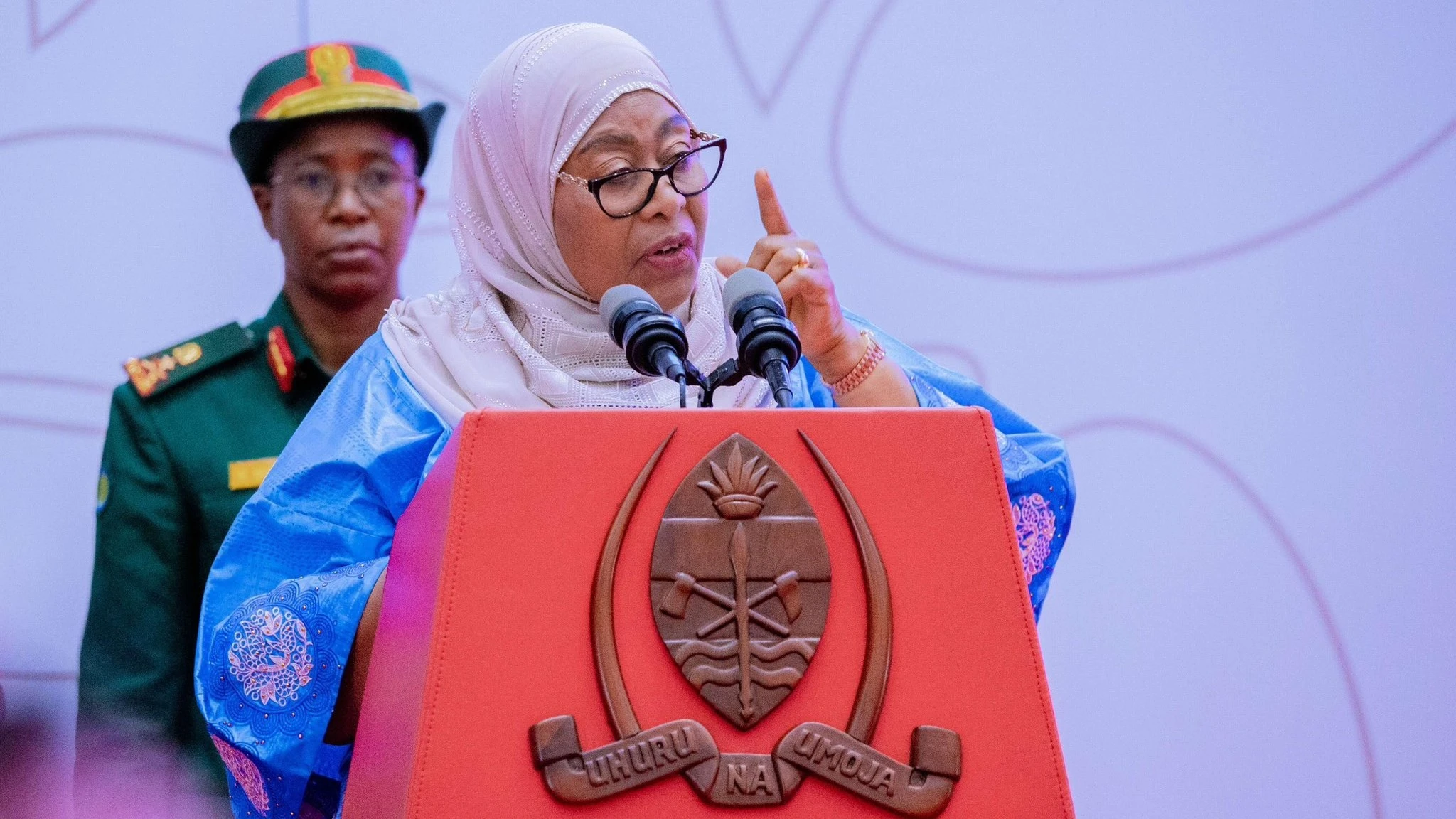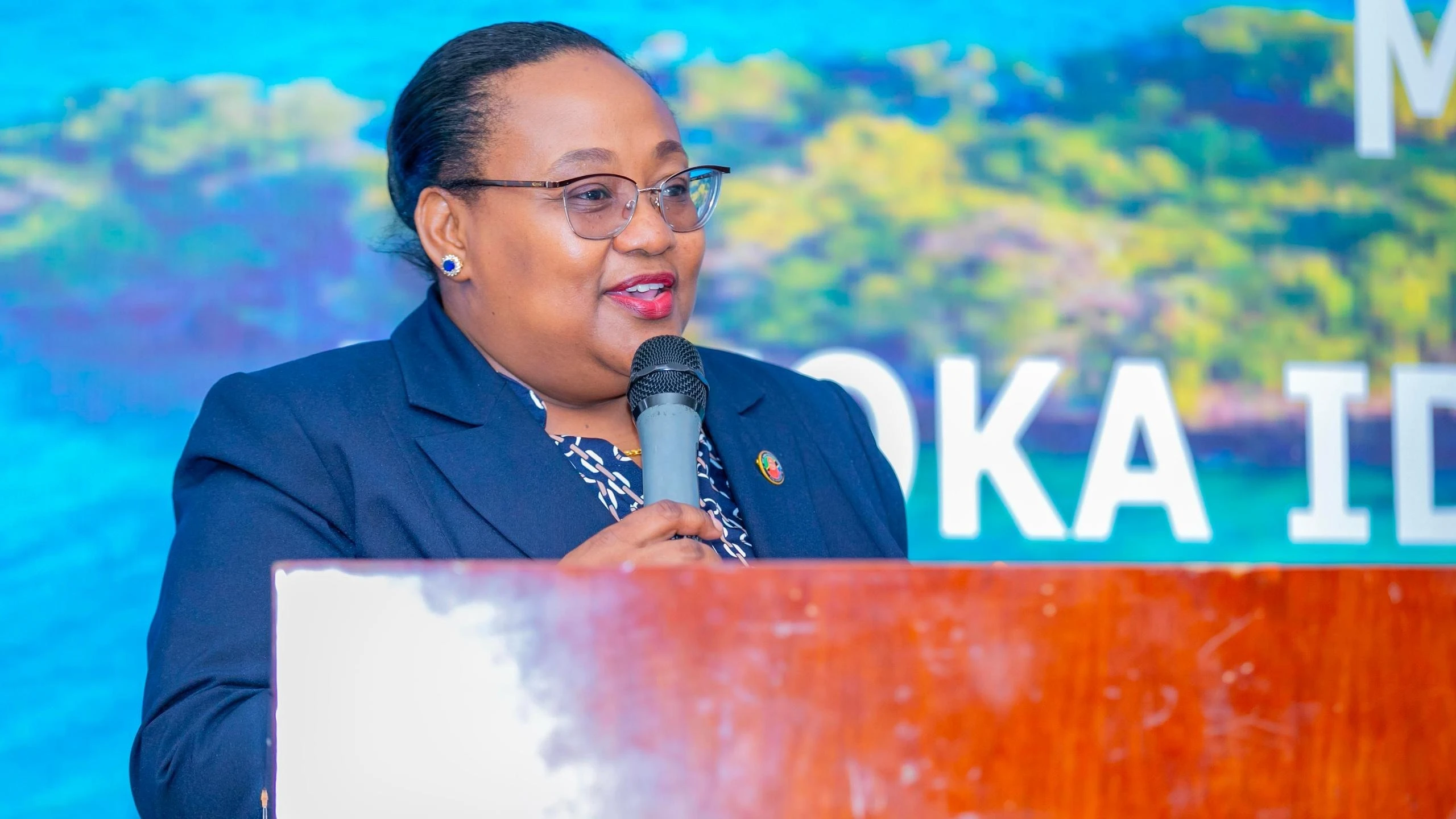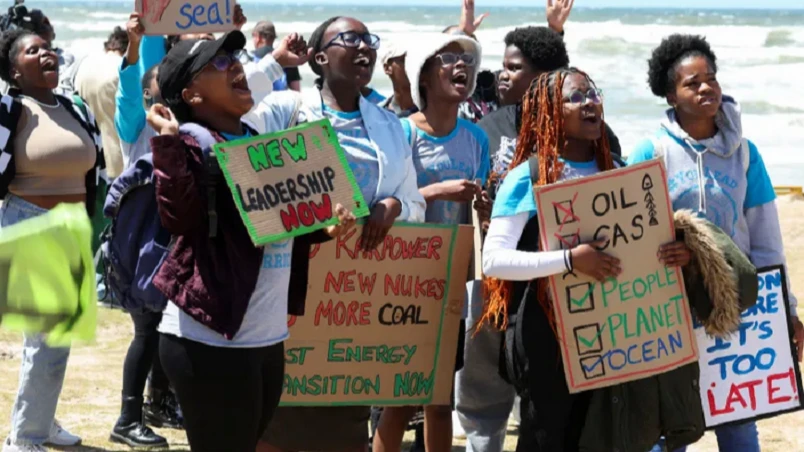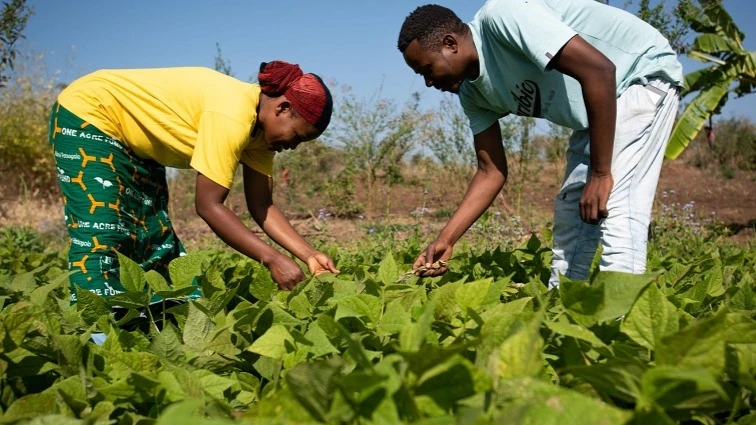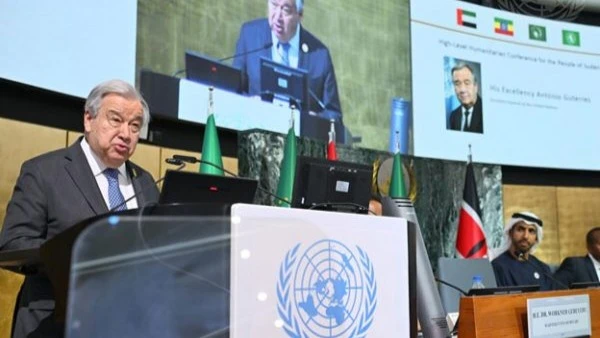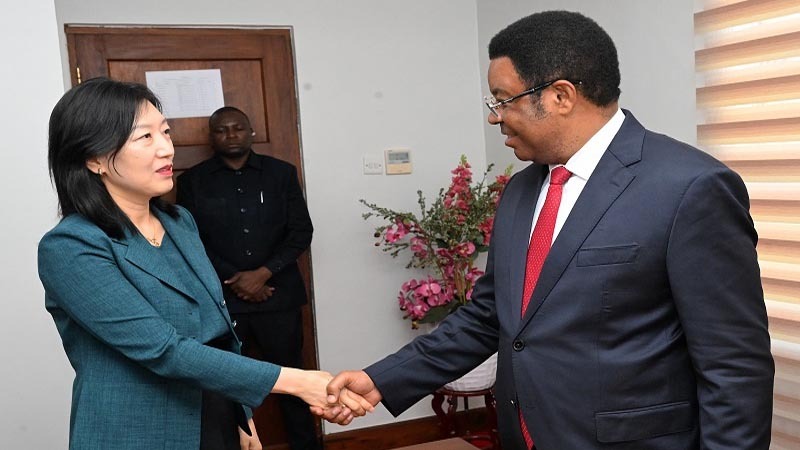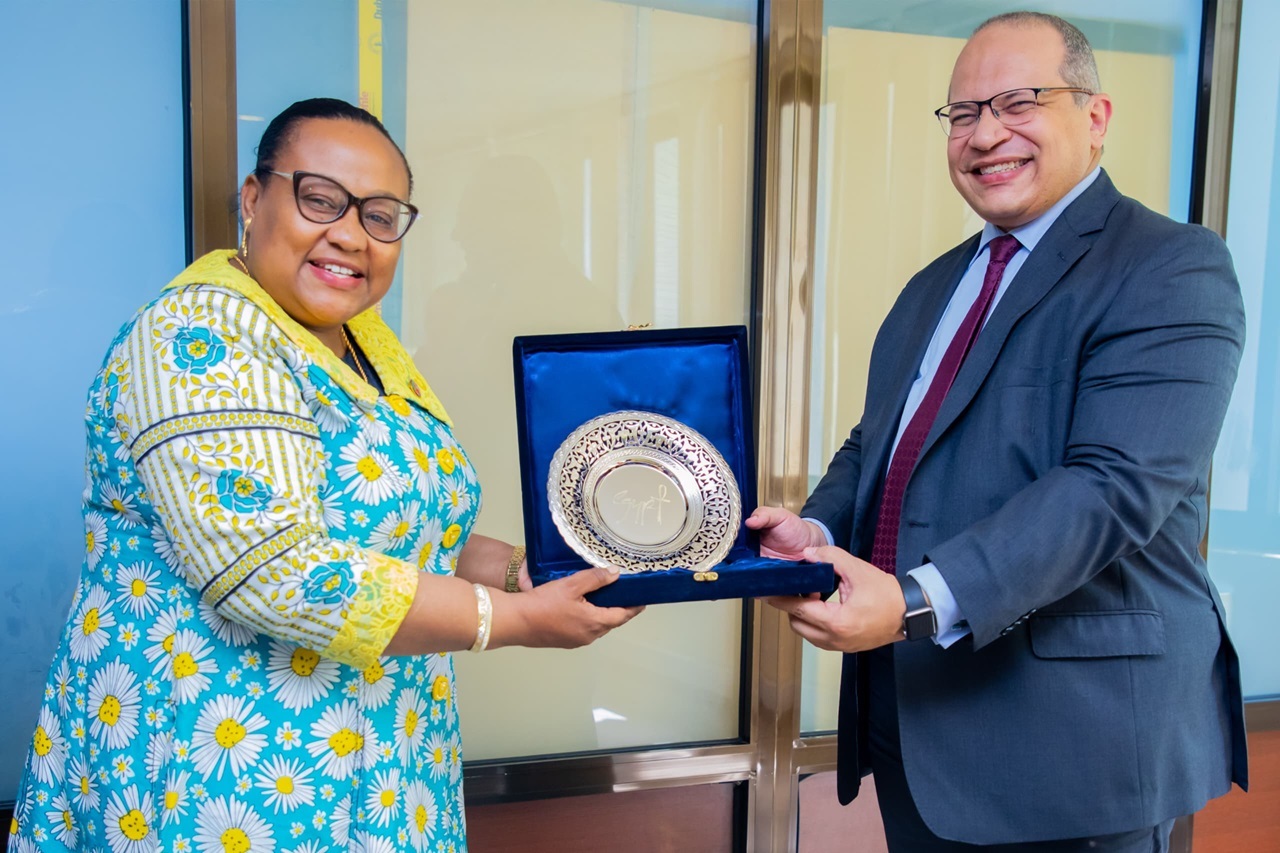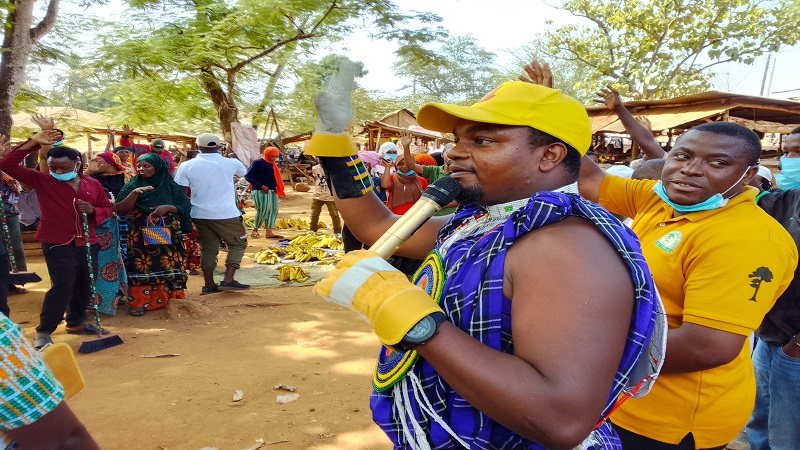Mission 300: Transforming Africa’s energy future
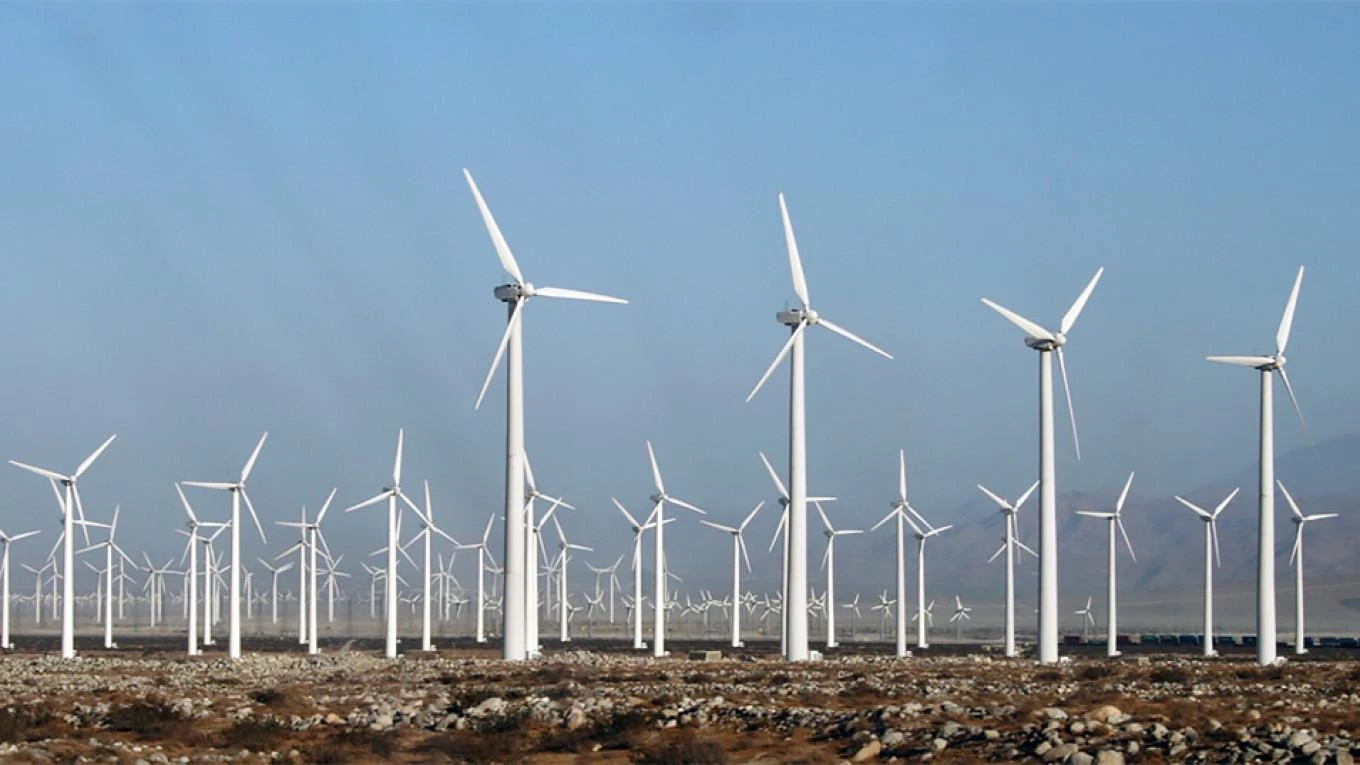
AS African Heads of State prepare to gather in Dar es Salaam from January 27th to 28th, 2025, for the Mission 300 Africa Energy Summit, there is a need to critically assess the direction of Africa’s energy future. This summit risks becoming yet another platform for empty rhetoric rather than a catalyst for meaningful change.
At the forefront of this discussion, there should be the concept of AI-driven power systems, a modern transformative approach to energy management that optimizes the generation, distribution, and consumption of energy.
These systems leverage artificial intelligence but require robust infrastructure, comprehensive data analytics, and advanced regulatory frameworks to function effectively.
In the context of Africa, where energy poverty affects over 600 million people, AI can enhance the efficiency of renewable energy sources, such as solar and wind, by predicting demand and managing supply fluctuations. However, significant challenges remain, including limited technological infrastructure, regulatory uncertainty, and the urgent need for skilled workforce development.
According to the International Energy Agency (IEA, 2021), nearly 46% of the continent lacks access to reliable electricity. This scenario is not just an inconvenience; it is a barrier to economic growth, educational opportunities, and health improvements.
The 2020 World Bank estimates shows that energy poverty costs African nations approximately $5 billion annually in lost productivity. Thus, proposed solutions, such as power-to-energy systems, must be scrutinized not only for their potential but also for their feasibility and inclusivity.
The idea of converting surplus renewable energy into storable forms like hydrogen has been touted as transformative. However, the implementation of these technologies is fraught with challenges. Initial investments are substantial, and many African countries operate under financial constraints.
This raises a critical question: who will fund these ambitious projects? Without robust financial backing, these systems risk becoming another aspirational goal relegated to the realm of policy papers and conferences.
Equally concerning is the potential for these technologies to exacerbate existing inequalities. If power-to-energy solutions are primarily deployed in urban areas, rural populations – who often suffer the most from energy poverty – may find themselves further marginalized.
The promise of energy equity must not only be a talking point but a tangible outcome. Policymakers must prioritize inclusive energy strategies that ensure all communities, particularly the underserved, have access to these innovations.
The integration of AI into energy systems poses ethical risks that must not be overlooked. The African Continental AI Strategy aims to harness AI for socio-economic development (African Union, 2019), yet we must consider whether AI-driven energy management systems will prioritize profit over people.
Without stringent regulatory frameworks, these technologies could lead to data exploitation and privacy violations, further alienating the very communities they intend to uplift.
The regulatory landscape itself remains a significant barrier. Many African nations grapple with evolving energy policies that often lack clarity and coherence, creating uncertainty for investors and practitioners alike. If the summit does not address these regulatory challenges directly, it risks entrenching the status quo rather than catalysing meaningful progress.
Cyber security is another critical issue. As energy systems become increasingly interconnected, they are more vulnerable to cyber-attacks. The threat of cybercrime poses a significant risk to the stability and reliability of energy infrastructure (Cyber security Africa, 2021).
Many African nations are still developing their cyber security frameworks, leaving critical systems exposed. The summit must prioritize the establishment of robust cyber security measures to protect these emerging technologies.
As we approach the Mission 300 Africa Energy Summit, it is crucial to recognize that addressing energy poverty is not merely a moral obligation; it is essential for sustainable development. Collaborative efforts among regional economic communities, governments, and international organizations are vital to navigating the complexities of energy poverty (World Bank, 2020).
Without a clear commitment to inclusivity and accountability the summit risks being another exercise in political posturing.
The upcoming summit in Dar es Salaam must serve as a platform for rigorous debate and critical engagement. We must demand that our leaders prioritize not just the technological solutions of power-to-energy systems, if any, but also the ethical, financial, and regulatory frameworks necessary for their successful implementation.
Only by embracing a holistic and inclusive approach can Africa hope to transform its energy landscape and pave the way for a sustainable and equitable future for all its citizens. The stakes are too high for anything less.
Evans Rubara is an experienced natural resource management specialist with a deep focus on extractive geopolitics, environmental politics and sustainability. He can be reached at [email protected].
Top Headlines
© 2025 IPPMEDIA.COM. ALL RIGHTS RESERVED












